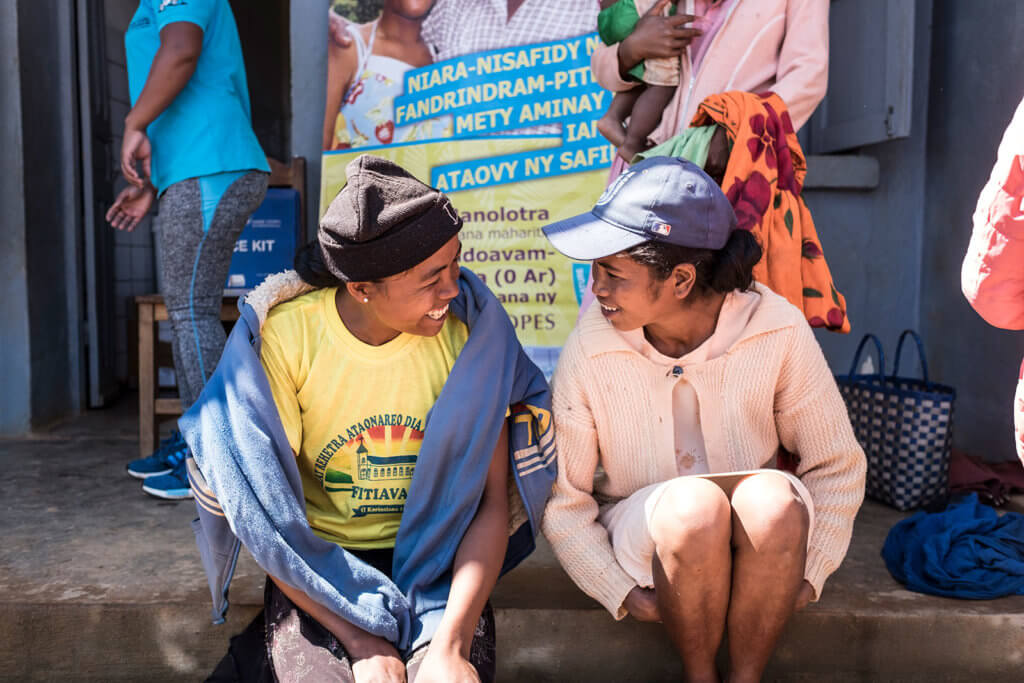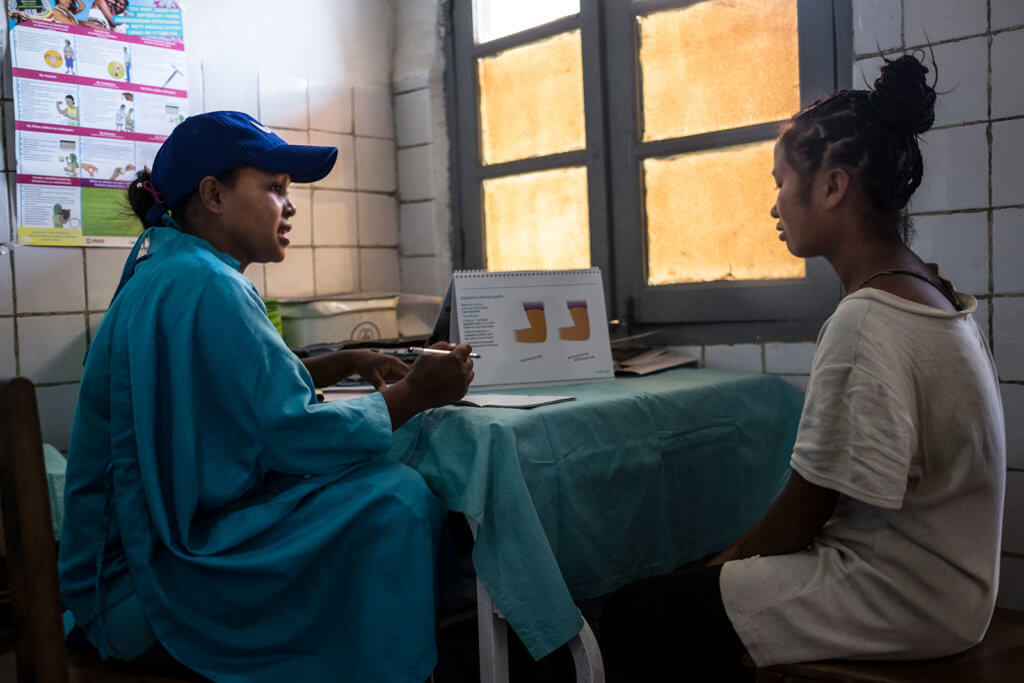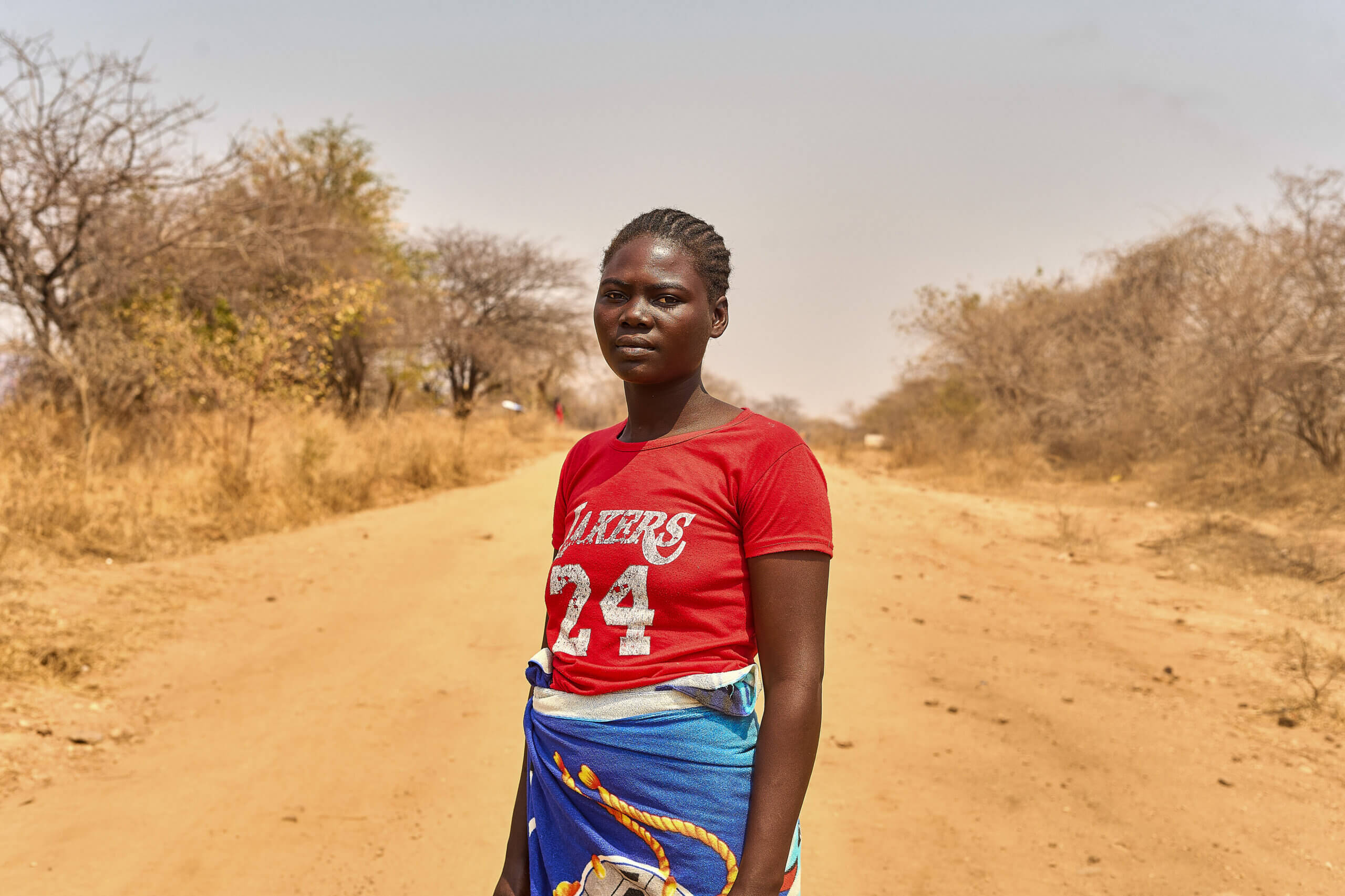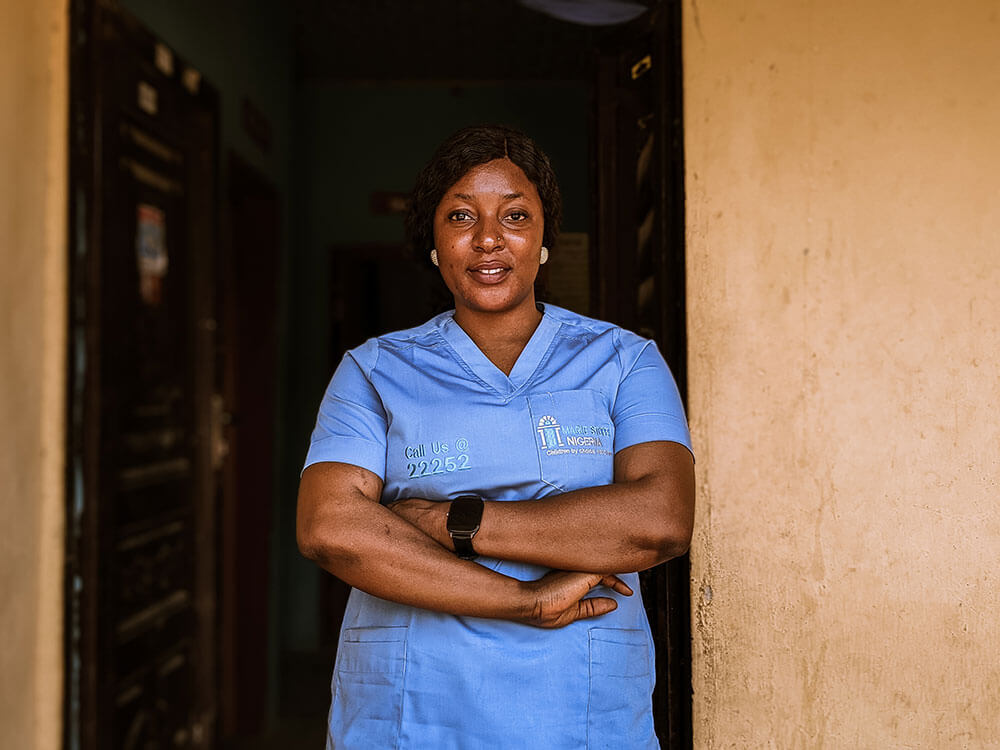Advancing girls’ education in Madagascar
When girls can finish their education, it changes their lives and transforms entire communities. But in Madagascar, too many girls are excluded from education. Instead, many marry and give birth before the age of 18.
It’s not easy to change a culture where child marriage is the norm. But better policies can help girls stay in school, delay marriage and improve their chances for a healthy, successful future.
One critical step is ensuring that girls have access to reproductive healthcare. That’s why MSI worked with government leaders to remove restrictions that kept adolescents from using contraception.

Child marriage threatens girls’ education
Until recently, anyone under the age of 18 in Madagascar needed written consent by a parent or guardian to access contraception. These restrictions had a dramatic impact in a country where over 50% of the total population is under 20. In fact, one-third of young women in Madagascar have given birth by the time they reach 18.
When girls have children at a young age, they are far more likely to drop out school and are more susceptible to falling victim to childhood marriage. Though 18 is the legal age of marriage in Madagascar, child marriage is still widespread: 12% of girls are married by the age of 15 and 40% by the age of 18. Adolescent pregnancy comes with serious health risks: In Madagascar, 1/3 of maternal deaths are related to teen pregnancies.
The good news is that girls can avoid these dangers. When they have access to contraception and sex education, they’re better able to protect themselves from not just adolescent pregnancy but early marriage. In fact, studies show that every additional year of schooling a girl receives results in a delay of marriage by 1.5 years.
This positive chain reaction begins with giving girls access to contraception. When girls grow up in areas where reproductive health services are readily available, they are less likely to drop out of school. Parents are more willing to invest in girls’ education and delay marriage when they know there’s less risk of an unintended pregnancy disrupting a girl’s plans for the future.

Changing policy to support girls’ education in Madagascar
Annie Ramsay, an MSI nurse in Madagascar, has seen firsthand how reproductive healthcare can help girls stay in school.
“I once had a 16-year-old client about to graduate from high school,” Annie said, “She got an implant. When I met her later, she thanked me and said if she had not have gotten it, she certainly wouldn’t be studying at university now”
Restrictions on contraception use were denying adolescents of the chance Annie’s client had to finish her education.
To show politicians just how crucial reproductive healthcare is to securing the futures of young women and how many girls under the age of 18 needed contraception, MSI Madagascar took three influential senators to meet young pregnant girls with no access to reproductive healthcare. These visits made an impact, and the senators successfully pushed to change the law.
Now, adolescents in Madagascar no longer need parental consent to get contraception. Health workers can feel confident knowing the services they provide are legal. When girls have access to adequate reproductive healthcare, they are more likely to avoid unplanned pregnancies. As a result, girls can stay in school and are less likely to fall victim to child marriage.
We know that when girls and young women have access to judgement-free, culturally-appropriate reproductive health services, they are more likely to make informed, healthy choices. That’s why MSI works to dismantle policies that keep women from accessing the care they need.






